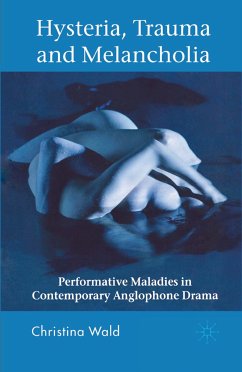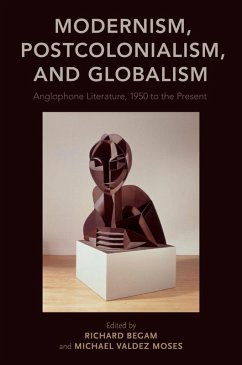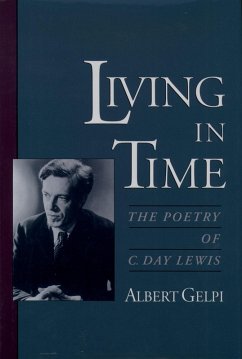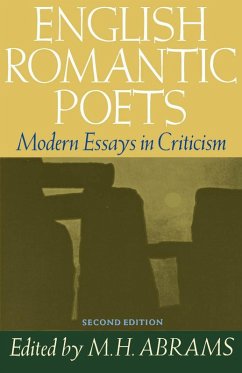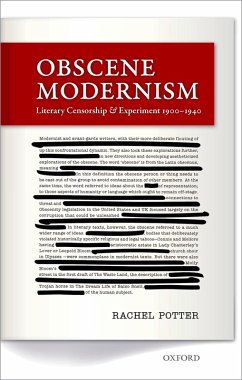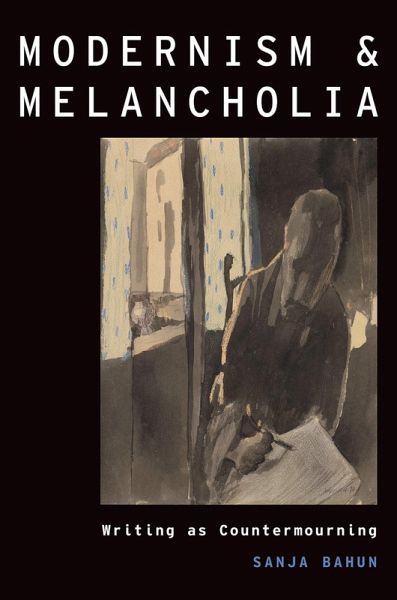
Modernism and Melancholia (eBook, PDF)
Writing as Countermourning

PAYBACK Punkte
14 °P sammeln!
Modernism and melancholia share an intellectual fate: being at once categories, conditions, discourses, modes of expression, and social projects, they feed on their own ambiguity. But modernism and melancholia also share a history: it was in the cultural-historical period we tentatively term "modernism" that a fundamental shift in our understanding of melancholia occurred. What is, then, the relationship between modernism and melancholia? How does it relate to the history of the late nineteenth and early twentieth century? What is the social value of the associated cluster of symbolic rituals ...
Modernism and melancholia share an intellectual fate: being at once categories, conditions, discourses, modes of expression, and social projects, they feed on their own ambiguity. But modernism and melancholia also share a history: it was in the cultural-historical period we tentatively term "modernism" that a fundamental shift in our understanding of melancholia occurred. What is, then, the relationship between modernism and melancholia? How does it relate to the history of the late nineteenth and early twentieth century? What is the social value of the associated cluster of symbolic rituals that we call mourning? Modernism and Melancholia addresses these questions, as it focuses on the manifestations of melancholia in modernist fiction internationally. Paying close attention to writings by Andrei Bely, Franz Kafka, and Virginia Woolf, Sanja Bahun identifies in modernist fiction a deliberate use of the symptomatology of melancholia to reinvigorate the genre of the novel and address the complexities of contemporary history. Such an exercise establishes writing as a mourning ritual that self-consciously refuses to "heal" or "cure." To describe this paradoxical writing practice, Bahun proposes the term "countermourning." Reversing-or renewing-the ways in which the conceptual scope of melancholia is utilized in modernist studies, this study positions itself at the crossroads of literary studies and intellectual history, and suggests a continuity between the shifting view of melancholia in global modernism.
Dieser Download kann aus rechtlichen Gründen nur mit Rechnungsadresse in A, B, BG, CY, CZ, D, DK, EW, E, FIN, F, GR, HR, H, IRL, I, LT, L, LR, M, NL, PL, P, R, S, SLO, SK ausgeliefert werden.




